Exotic Pets: Discovering the World of Extraordinary Companions
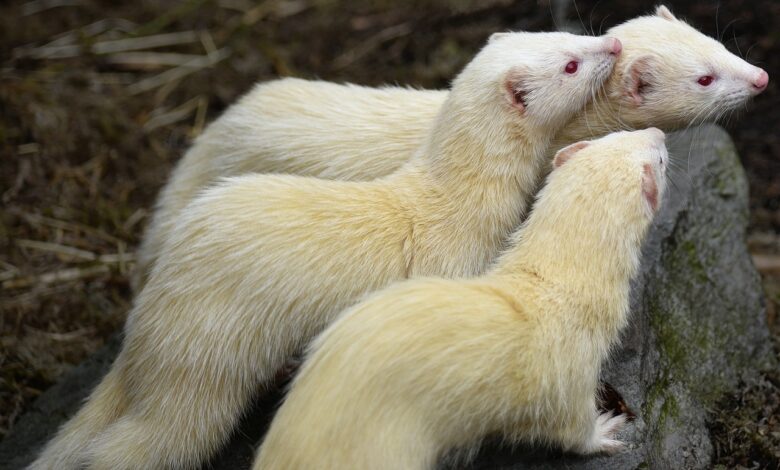
Exotic Pet
In a world filled with various fascinating creatures, some individuals seek companionship beyond the ordinary. The allure of exotic pets, from colorful reptiles to majestic birds, has captivated pet enthusiasts around the globe.
Definition
Exotic pets are non-traditional companion animals that deviate from commonly domesticated cats and dogs. These unique creatures encompass a wide range of species, each possessing its distinct characteristics and care requirements. From slithering reptiles to chirping birds and furry small mammals, exotic pets have carved their niche in the hearts of adventurous pet lovers.
Popular Types
Reptiles
Reptiles, with their scaly appearances and captivating behaviors, are a popular choice among exotic pet enthusiasts. Creatures like colorful chameleons, majestic snakes, and intelligent iguanas have found their way into many homes, adding an element of intrigue to the household.
Birds
Exotic birds with their vibrant plumage and enchanting melodies have an innate ability to mesmerize. From the charming parrots to the graceful cockatoos, these feathered companions create an atmosphere of wonder and joy.
Small Mammals
For those who prefer furry companions with unique traits, small mammals like sugar gliders, hedgehogs, and ferrets have gained popularity. Their small size and intriguing behaviors make them delightful pets for those seeking something extraordinary.
Aquatic Animals
The underwater world holds its allure, and some enthusiasts opt for exotic aquatic pets such as colorful fish, captivating turtles, and mesmerizing seahorses. Owning an aquarium can be a soothing and visually stunning experience.
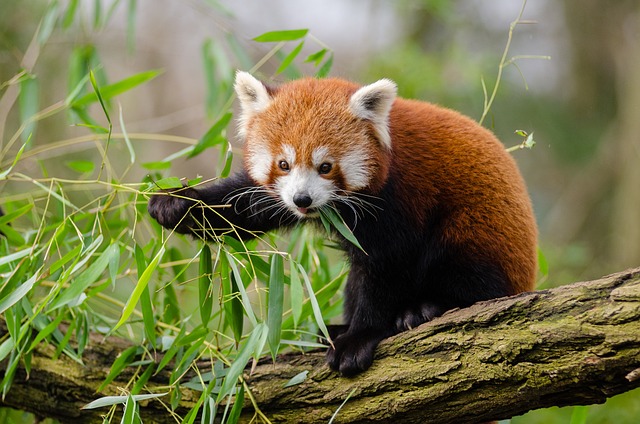
Pros and Cons of Owning Exotic Pets
Benefits of Exotic Pets
The allure of exotic pets goes beyond their aesthetic appeal. These extraordinary companions offer unique interactions, promoting a deeper understanding and appreciation of the diverse animal kingdom. Additionally, their distinctive care requirements often demand pet owners to research and educate themselves, fostering a sense of responsibility and growth.
Challenges of Exotic Pet Ownership
Owning an exotic pet comes with its challenges. The specialized care and handling required for these creatures can be demanding and time-consuming. Additionally, some exotic pets may pose health risks, both for the owners and the animals themselves. The legality of owning certain species can also be a complex issue in some regions.
Legal Considerations for Owning Exotic Pet
Before considering an exotic pet, it is essential to be aware of the legalities involved. Various countries and states have specific regulations governing the ownership of certain species due to potential environmental and safety concerns. It is crucial to research and adhere to these regulations to ensure responsible pet ownership.
How to Care for Exotic Pet
Proper care is paramount to the well-being of any pet, and exotic animals are no exception. To provide a nurturing environment, owners must address the unique needs of their extraordinary companions.
Proper Housing
Creating a suitable habitat for exotic pets is crucial to their health and happiness. Different species have specific housing requirements, such as temperature, humidity, and space considerations.
Diet and Nutrition
Understanding the dietary needs of exotic pets is vital for their overall health. Some species may have specific dietary preferences, and it is essential to provide a balanced and appropriate diet.
Veterinary Care
Regular visits to a qualified veterinarian with experience in exotic pets are essential for preventive health measures and early detection of any potential issues.
Enrichment and Socialization
Enrichment activities and socialization play a crucial role in keeping exotic pets mentally stimulated and emotionally content. Interacting with their human caregivers and providing mental challenges can lead to happier, healthier pets.
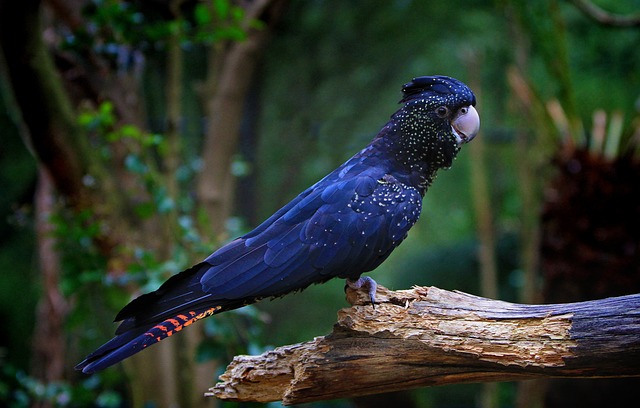
Safety Precautions When Handling Exotic Pets
Handling an exotic pet requires a cautious approach. Some species may be more prone to stress or have defensive mechanisms that can pose risks to both the pet and its owner. Understanding the correct handling techniques is vital for the safety and well-being of all parties involved.
Responsible Exotic Pet Ownership
Researching the Species
Comprehensive research is essential before welcoming an exotic pet into one’s life. Understanding the species’ behavior, dietary needs, housing requirements, and potential health concerns is crucial for a successful and rewarding relationship.
Avoiding Impulse Buys
Exotic pets are not novelty items; they are living beings with complex needs. Avoiding impulse buys and carefully considering the commitment involved is vital to ensure the well-being of the animal and a satisfying experience for the owner.
Understanding Long-Term Commitment
Exotic pets often have long lifespans, and potential owners must be prepared for a commitment that can span decades. Consideration should be given to the pet’s needs throughout its entire life.
Supporting Conservation Efforts
Many exotic species face threats in the wild due to habitat destruction and illegal trade. Responsible exotic pet owners can contribute to conservation efforts by supporting reputable breeding programs and avoiding the purchase of animals taken from the wild.
Common Myths and Misconceptions About Exotic Pets
With the allure of exotic pets, several myths and misconceptions have arisen. Addressing and dispelling these myths can help potential owners make well-informed decisions about exotic pet ownership.
Choosing the Right Exotic Pet for You
Selecting an exotic pet should be a thoughtful process that considers various factors, such as:
Lifestyle and Living Situation
The pet’s needs should align with the owner’s lifestyle and living conditions. Some exotic pets may require more space, time, and attention than others.
Time Commitment
Different species demand varying degrees of time and attention from their owners. Prospective owners should be honest about the amount of time they can dedicate to their pets.
Allergies and Health Concerns
Certain exotic pets may trigger allergies or pose health risks to individuals with compromised immune systems. Evaluating these factors is crucial before making a decision.
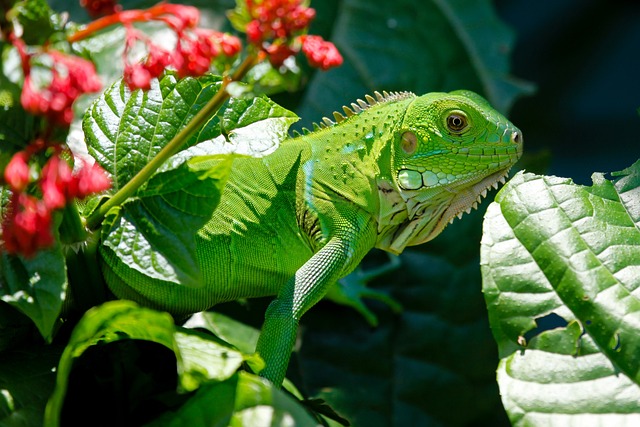
Exotic Pet Adoption and Rescue
Adoption and rescue of exotic pets offer a compassionate alternative to purchasing animals from breeders or the wild. There are organizations dedicated to rescuing and rehoming exotic pets in need of loving homes.
Conclusion
Owning an exotic pet is a rewarding journey that allows individuals to experience the wonders of the animal kingdom up close. However, it is a responsibility that should not be taken lightly. By conducting thorough research, providing appropriate care, and embracing the challenges and joys of exotic pet ownership, enthusiasts can create fulfilling and enriching bonds with their extraordinary companions.
FAQs
- Are exotic pets legal to own everywhere?
- The legality of owning an exotic pet varies depending on the region and species. Some areas have strict regulations, while others allow certain types of exotic pets with proper permits.
- Do exotic pets require specialized diets?
- Yes, many exotic pets have specific dietary needs, and it is essential to provide them with a balanced and appropriate diet.
- How can I ensure my exotic pet is happy and mentally stimulated?
- Enrichment activities, socialization, and providing a stimulating environment can contribute to the mental well-being of exotic pets.
- Can exotic pets be trained like traditional pets?
- Some exotic pets can be trained to some extent, but the level of training may vary based on the species and individual animal.
- Where can I find reputable exotic pet breeders or adoption centers?
- Reputable breeders and adoption centers can be found through research and by seeking recommendations from knowledgeable sources.
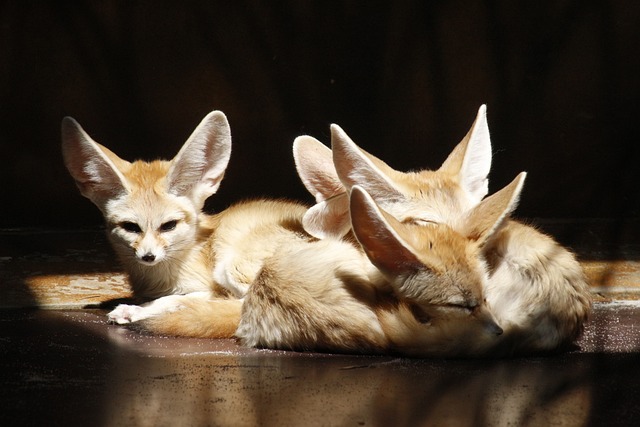
Exotic pets List:
- Mammals
- Ferrets
- Sugar gliders
- Chinchillas
- Hedgehogs
- Gerbils
- Rabbits
- Guinea pigs
- Fennec foxes
- Capybaras
- Red Pandas
- Meerkats
- Birds
- Parrots
- Budgies
- Finches
- Cockatiels
- Canaries
- Lovebirds
- Macaws
- African Grey Parrots
- Cockatoos
- Hyacinth Macaw
- Reptiles
- Snakes
- Ball pythons
- Corn snakes
- Kingsnakes
- Bearded dragons
- Iguanas
- Chameleons
- Tortoises
- Leopard geckos
- Monitor lizards
- Fish
- Goldfish
- Bettas
- Guppies
- Angels
- Discus
- Arowanas
- Koi
- Oscars
- Amphibians
- Frogs
- Toads
- Salamanders
- Pacman frogs
- Invertebrates
- Hermit crabs
- Spiders
- Scorpions
- Tarantulas
- Millipedes
- Praying mantises


